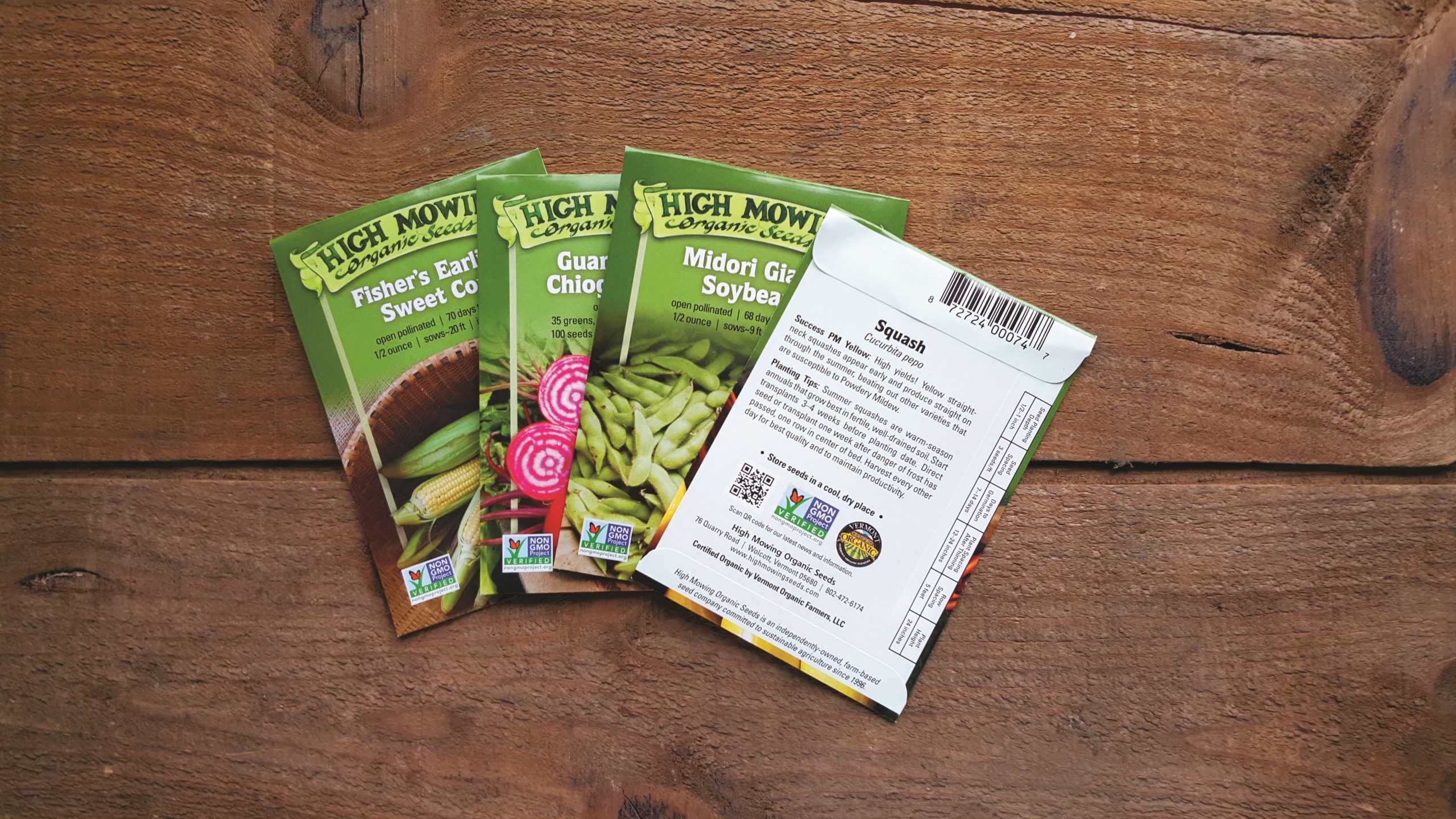Growing vegetables has never been so popular, according to large and small seed providers across the U.S.—as worries spread about being able to access food during the coronavirus pandemic. As essential businesses, these companies are stepping up with various adaptations to handle a historic number of orders.
Home gardeners from urban centers represent the vast majority of the demand; a sales map showed strong upticks in New York City, Philadelphia, Los Angeles, Atlanta, Orlando, and San Francisco. For the most part seed supplies are strong, but filling orders is a huge challenge.
Facing worker shortages—due to travel restrictions, the need to stay home with children, or illness—some companies have hired additional employees. Center for Disease Control guidelines for social distancing—six feet apart—and safety protocols have required reconfigurations of workspaces, dramatically slowing down fulfillment of orders.
March 13, 2020—the avalanche begins
Modern Farmer said in a recent article, “Vegetable seeds are the new toilet paper.” Companies began to see seed packets fly off the shelves starting on March 13 when President Trump declared a national emergency due to spread of the COVID-19 virus. Panic rose as grocery store staples began to disappear.
“It started on that day with the stay-at-home recommendation, and it hasn’t slowed down since,” said Tom Stearns of High Mowing Seeds (Wolcott, VT). “We’re 300% above our normal website orders.”
Johnny’s Selected Seeds (Winslow, ME) had to shut down on April 1st, although they continue to take commercial orders; they reopened on April 28th. Of the three-fold increase in business, half the customers are new to Johnny’s.
Nikos Kavanya of Fedco Seeds (Clinton, ME) saw orders tripling the normal amount by Monday, March 16th, with each day setting a record for the most ever. “We were blindsided…we shut down one weekend to catch up, but orders spiked again when we reopened,” she said.
Vesey Seeds of Prince Edward Island, Canada saw a 599% jump during the week following the emergency declaration; typically, commercial farmers usually finish buying in late February or early March so seed companies are ramping down.
Food shortage fears fuel seed grabs
Stearns noted that concerns about food access are a reminder to local communities for self-sufficiency. “Homeschoolers already grow things as part of a curriculum…now with people temporarily forced into homeschooling, gardening is seen as a great opportunity.”
“It certainly gives people something to do…yards and gardens are seen as a place providing joy,” Said Emily Rose Haga of Seed Savers Exchange (Decorah, IA). “But of course they’re worried about food security. Seed has always been a source of security, and hope and resilience. Natural disasters like Katrina had an impact on the food supply; people remember that. They want to be prepared.”
What seeds are most popular? Easy growers, Stearns said, such as lettuce, carrots, squash, beans, kale, and spinach. While High Mowing and Fedco say they’ve run out of a few things, there’s seed available in each category, so growers are trying new varieties. Haga says items including beets, carrots, dried beans, and peas are up 40% from last year. Beginning gardener packages and seed-starting kits are hot items.
Potential silver linings
Amid the scramble, difficult adjustments, and fatigue, company leaders see hopeful new directions emerging from the crisis.
“I hope we take this as an opportunity to reinvent our food supply,” Stearns said. “It’s so poorly designed right now.”
Gretchen Kruysman, Co-CEO of Johnny’s Selected Seeds, is happy to see so many people eager to grow food. She’s noticing strong traffic on Johnny’s website related to gardening education. She wants growers to get resources so they won’t give up. “We want them to get hooked on growing and continue to do it.”
Kavanya says neighbors are sharing the journey as they begin to plant…reminiscent of the victory gardens during World War II. In her son’s Oregon neighborhood, families are setting up a community garden, based on a “You grow the tomatoes in your yard, I’ll grow the beans” design.
The trend of home growing, some food gurus say, has been missing in modern American life. In the new post-pandemic “normal,” cultivating a food supply might provide a fruitful practice with abundant, life-nourishing rewards.









